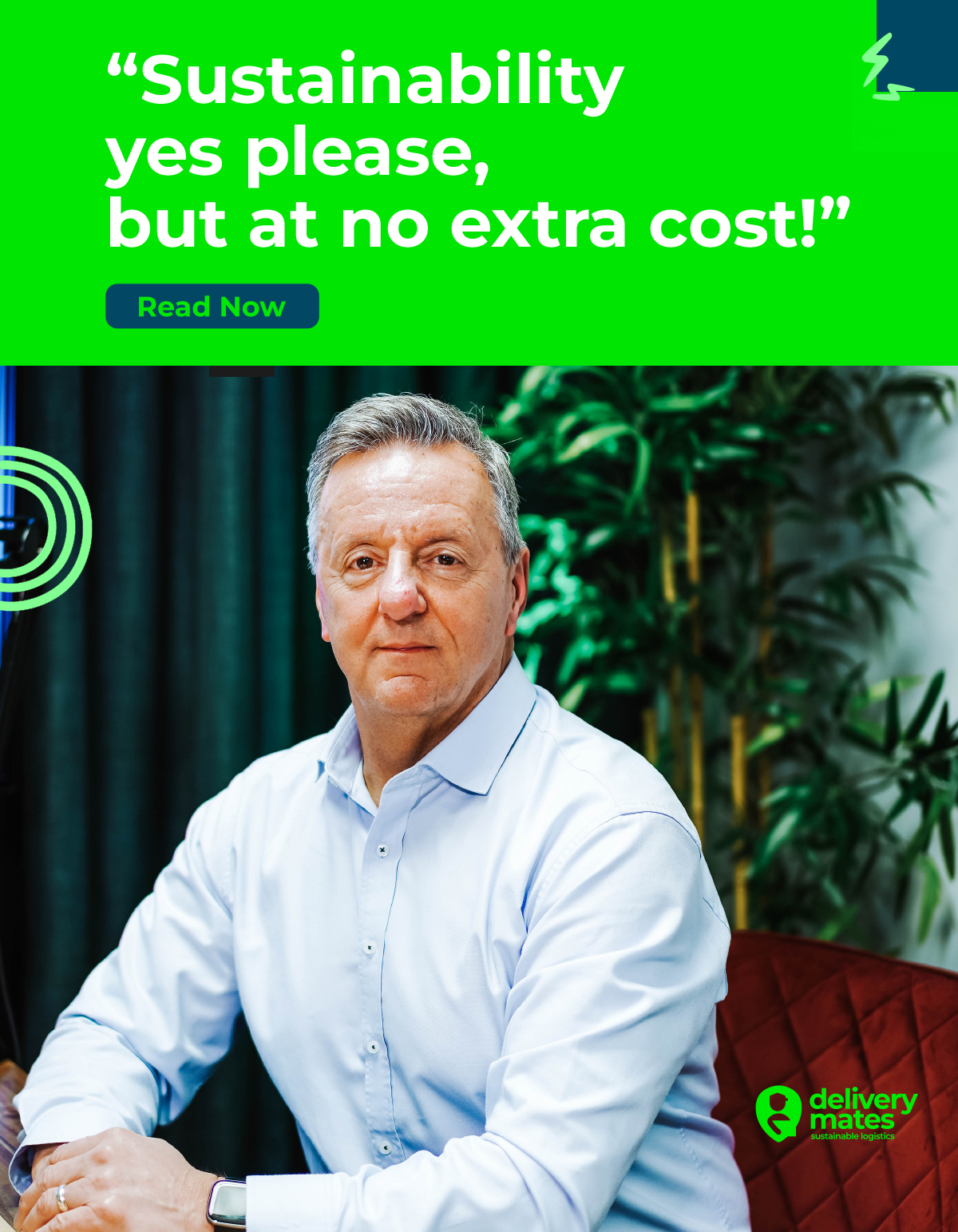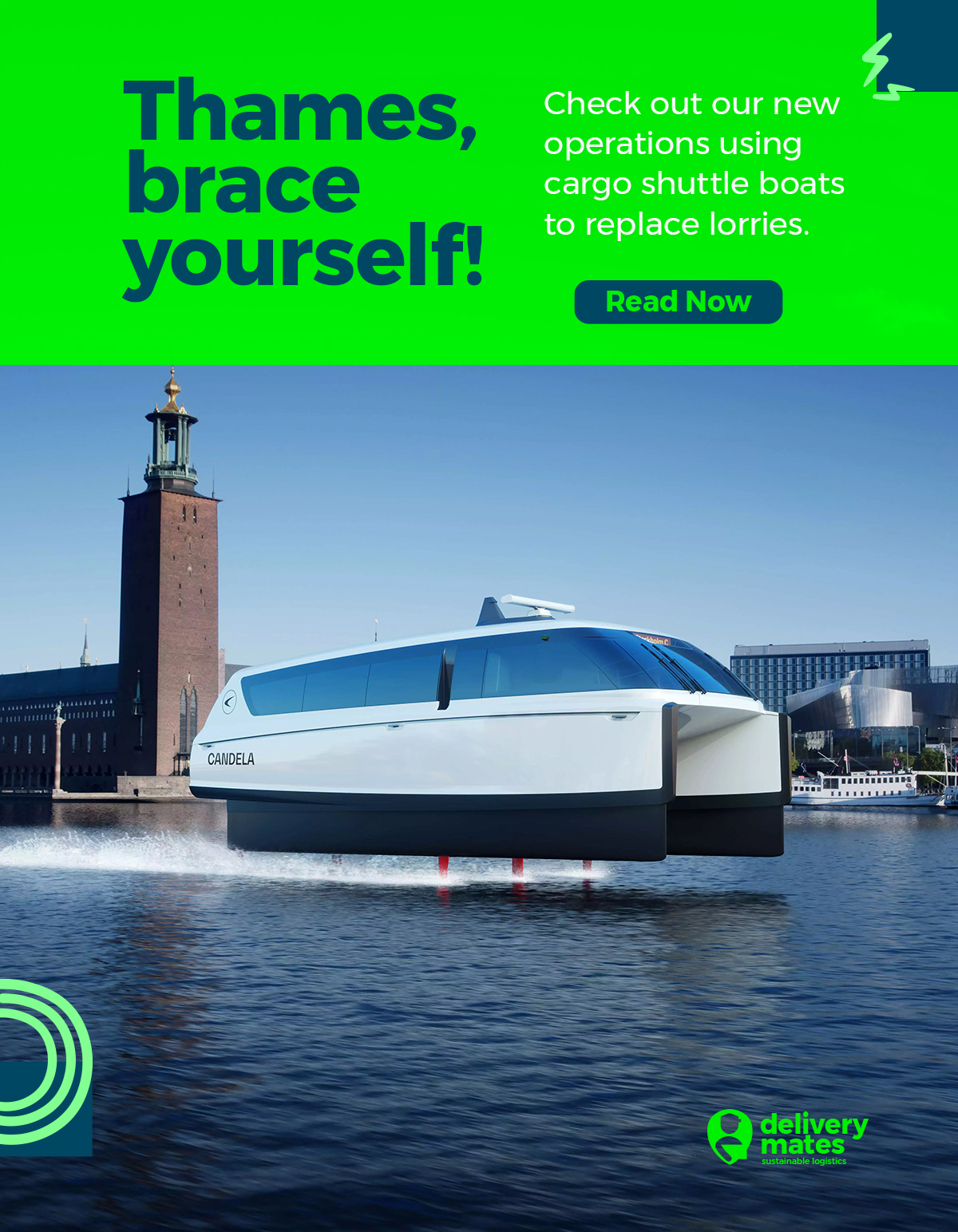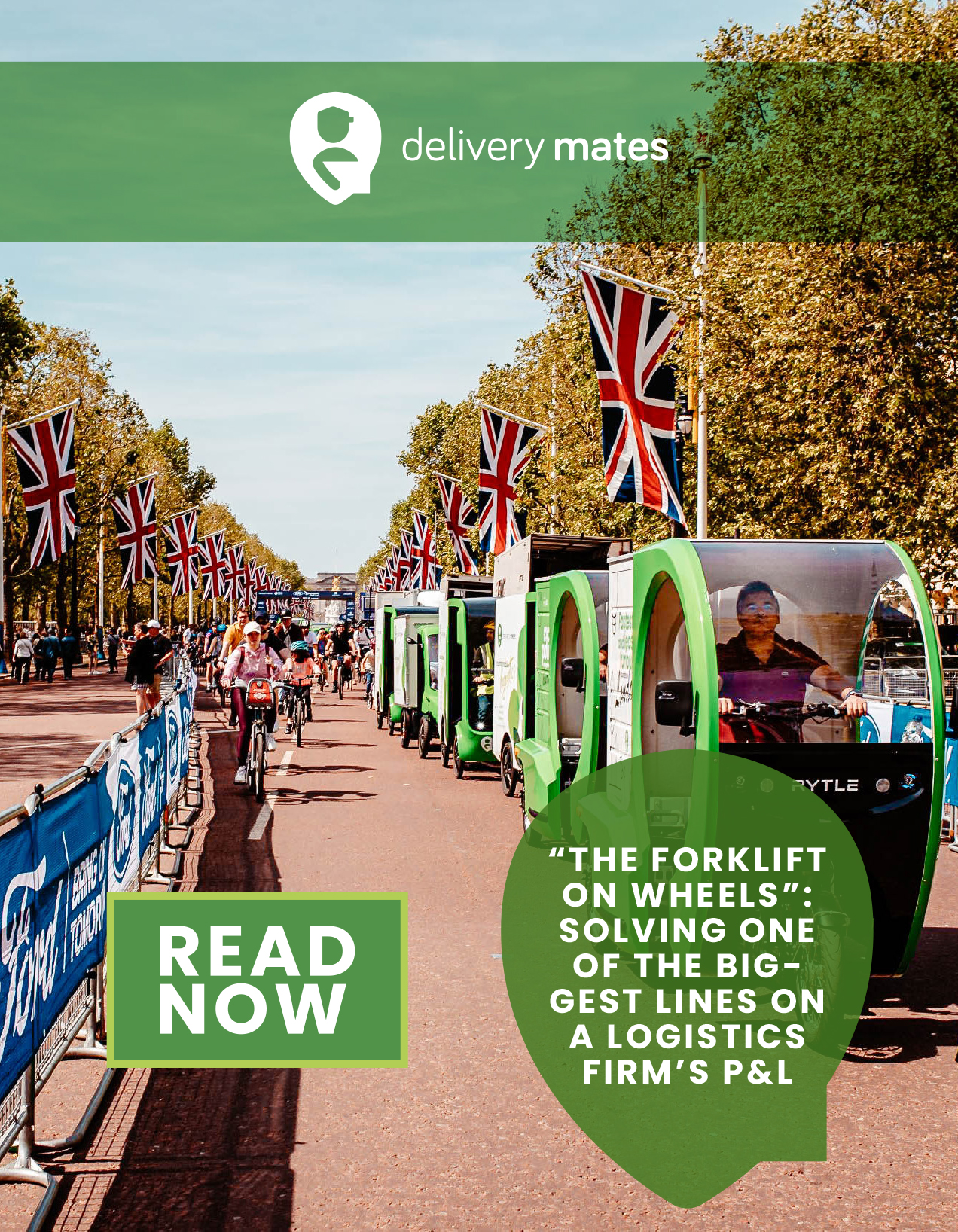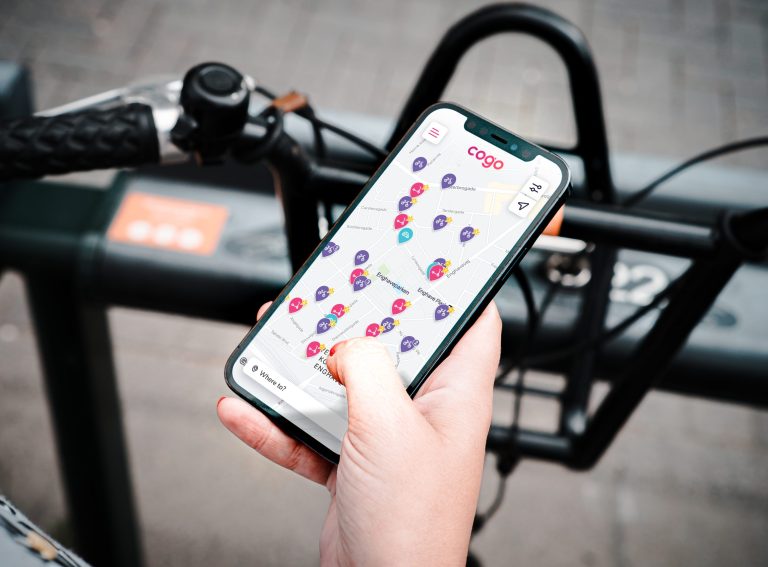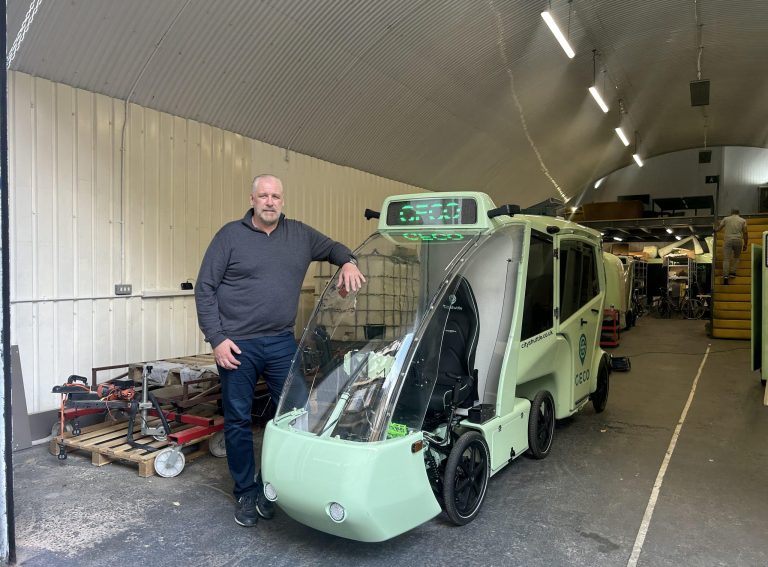EIT Urban Mobility, an initiative of the European Institute of Innovation and Technology (EIT), is running two Master’s programmes to address skills gap challenges in the sustainable urban mobility sector.
New cohorts of trained professionals are seen as a necessity in Europe to keep up with the significant development in mobility patterns in the past years.
Designed with innovation and entrepreneurship at their core, the double degree Master’s programmes focus on sustainable urban mobility and the use of technology and data science.
The aim is to offer students the tools and know-how to explore more innovative solutions to mobility challenges and enable them to launch their ideas with startup creation support.
Throughout their studies, students engage with and tackle real-life challenges, and complete a two-week challenge-based Summer School in two different European cities.
Zag Daily spoke with Martin Vendel, Director of EIT Urban Mobility Academy, who said micromobility will form a key part of the course.
“Micromobility has a vital role to play when it comes to sustainable urban mobility transformations,” said Vendel. “Throughout the EIT Urban Mobility Master programmes, our students get the opportunity to work on micromobility related topics, firstly through year-long challenge-driven projects, which are an integrated part of our programme, then through the Summer School, and finally through their final thesis. From environmental impacts to road safety, profit and business cases, our students develop a deeper understanding of the complex aspects and challenges of micromobility.”
Students also gain access to EIT Urban Mobility’s community and benefit from their collaboration with leading industry partners, mainly through internship placements.
The programme is provided by Politecnico di Milano, KTH Royal Institute of Technology, Polytechnic University of Catalonia (UPC), Eindhoven University of Technology, Aalto University, Ghent University, and the University of Tartu.
Students have a chance to study at different universities and explore learning paths.
“Our goal is not simply to educate, but to equip; equip with skills, know-how, and connections,” said Vendel. “These are the tools we need to prepare upcoming generations for an ever-changing future, and we need more innovation, creativity and an entrepreneurial spirit to make tangible change happen.”


